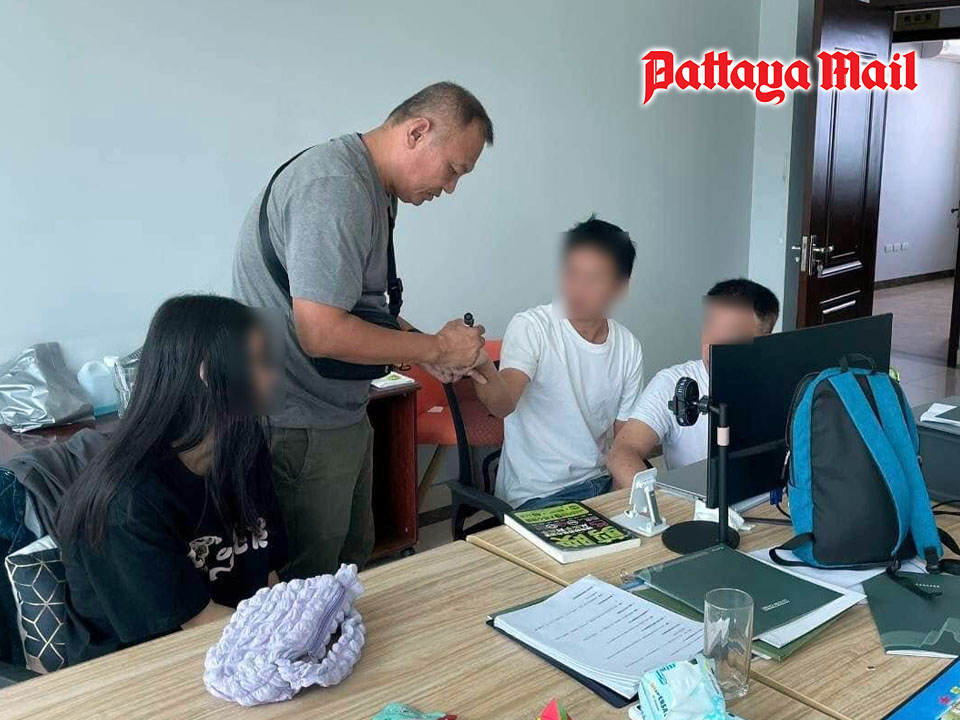
PATTAYA, Thailand – Pattaya, one of Thailand’s most popular tourist destinations, has long attracted foreign workers across various sectors, from hospitality and entertainment to construction and retail. However, in recent years, Thai immigration authorities have significantly intensified their efforts to monitor and control foreigners working in Pattaya without proper work permits. This crackdown is part of a broader national strategy to ensure that foreign labor complies with Thai labor laws and to safeguard the local workforce.
The Immigration Bureau, in coordination with the Ministry of Labor and local law enforcement, has been conducting regular inspections at businesses in Pattaya. Restaurants, bars, hotels, spas, and other tourist-related businesses are frequent targets of these inspections, where immigration officers check to ensure that foreign employees are properly registered and possess the necessary work permits. These checks have become more frequent and thorough, particularly in high-traffic areas like Walking Street, Jomtien, and the city’s nightlife hubs, where foreign workers are often employed in the service industry.
Foreigners found working without proper work permits in Pattaya face serious consequences, including fines, deportation, and the possibility of being blacklisted from returning to Thailand for several years. Employers who hire undocumented workers also face substantial fines and the risk of having their businesses shut down. These regulations are designed not only to protect Thai workers but also to ensure that foreign workers are employed legally, paying taxes, and contributing to the economy.
In addition to traditional inspections, Thai immigration authorities in Pattaya have adopted more advanced monitoring tools to enhance their control over illegal foreign labor. This includes using data-sharing systems to cross-check employment records and immigration statuses across different government agencies. With the rise of online services, businesses in Pattaya must now ensure that their foreign employees are listed in government databases, and authorities can easily track compliance with work permit regulations.

Furthermore, Pattaya’s immigration office has been actively involved in educating foreign workers about the importance of obtaining proper documentation. They have held seminars and distributed informational material in multiple languages, advising foreigners about the legal requirements for working in Thailand. These efforts aim to reduce the number of unregistered workers by encouraging foreigners to obtain the correct work permits before seeking employment.
Despite the crackdown, some sectors, such as the entertainment and construction industries, still rely heavily on foreign labor, and the demand for workers continues. Critics argue that the stricter regulations could lead to labor shortages and higher costs for businesses that depend on foreign workers. However, the Thai government maintains that these measures are essential to ensure fair competition, reduce exploitation, and uphold labor standards.
For foreigners working in Pattaya, it is crucial to comply with the country’s immigration laws. To avoid potential legal issues, foreign workers must ensure they have the correct work permits before accepting any job offers. Additionally, businesses hiring foreigners must adhere to Thai labor laws, ensuring their foreign staff are legally employed to avoid penalties and ensure a smooth operation in the city.
With Pattaya’s economy heavily tied to tourism and foreign labor, the authorities’ increased scrutiny is a clear sign of Thailand’s commitment to enforcing immigration laws and protecting both local and foreign workers from exploitation.










